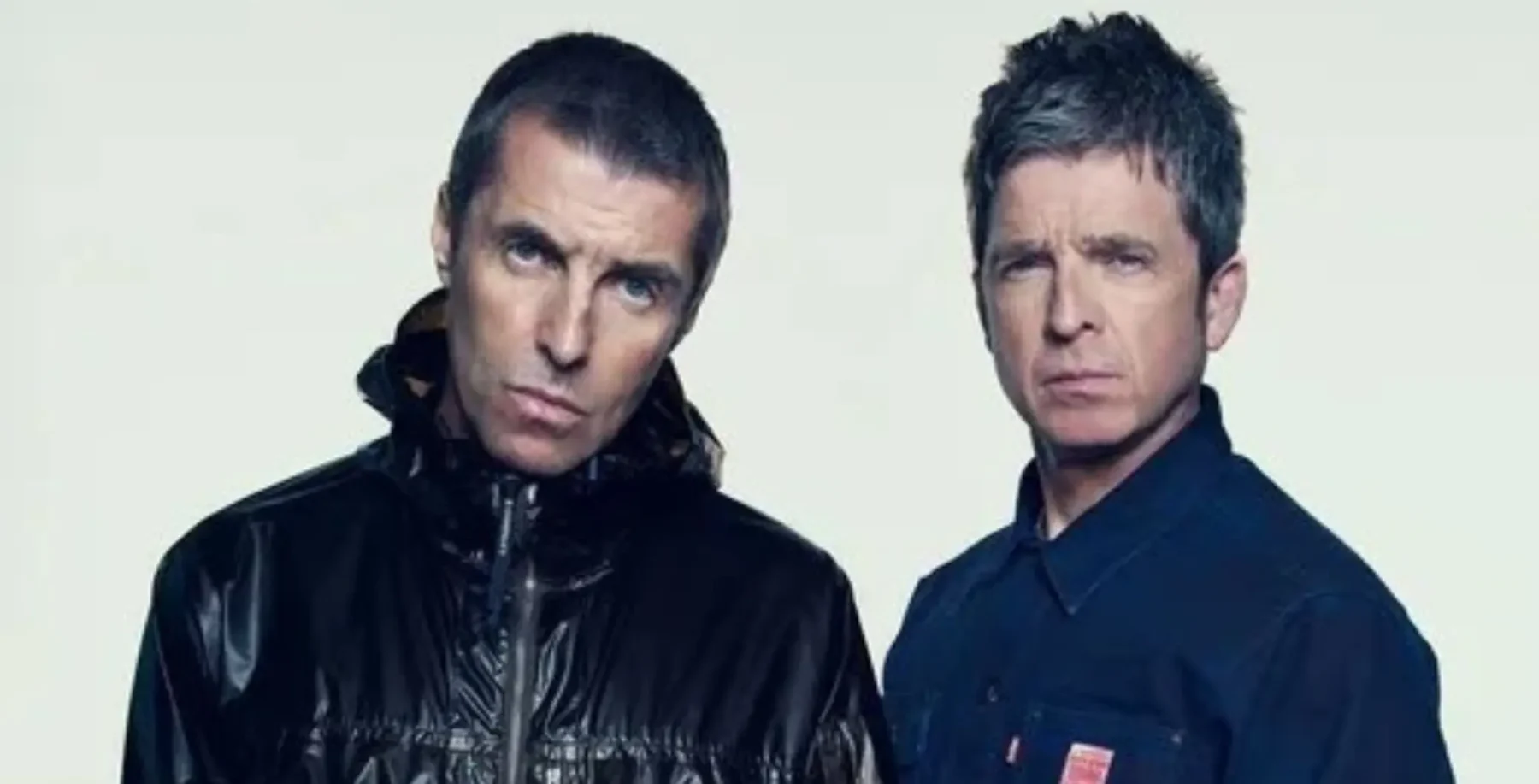
Jedi Mind Tricks at the El Mocambo (464 Spadina), Saturday (September 6). $15. 416-777-1777. Rating: NNNNN
Somewhere between Philly-based hiphop crew Jedi Mind Tricks’ first and third records, emcee Vinnie Paz (aka Ikon the Verbal Hologram) decided that to really hit people, he had to stop spitting his rhymes over their heads. There was a time when Paz would rap about Buddhism, Sanskrit, DNA, Stonehenge, government conspiracies and everything else you won’t hear about from other lyricists.
“But if people aren’t understanding your shit, then you’re alienating them, you know what I mean?” he offers on the phone from Philadelphia. “So it’s not like I made an effort to dumb it down – I just try to say certain things more simply.
“The message is still there,” Paz maintains, “But I figured if I approached it less complicated, it would be easier for people to digest.”
There’s no better way to digest his message than with a side of beats provided by Jedi’s other half, producer/partner Stoupe, who laughs at any fool saying the loop era is over. Sculpted from epic classical scores, Latin folk samples, plaintive soul singers and early-90s breaks, Jedi Mind Tricks’ beats balance Paz’s streetwise thugamatics with grand sophistication.
Tracks on their albums are also often tied together by dialogue from obscure films. Their 2000 record Violent By Design contains a sample from the movie Pi and features tidbits of Gene Hackman’s dialogue from Antz.
“I like a lot of independent films,” says Paz. “I’m a huge fan of Requiem For A Dream. The director, Darren Aronofsky, he’s a crazy dude.”
Jedi’s newest is called Visions Of Ghandi (sic). The title is a statement about the world’s need for leadership.
“If you listen to the album, it’s kind of a hardcore album, which is sort of a contradiction to the title,” Paz admits. “But what I’m really saying with the title is that there’s a lot of fucked-up things going on right now, between Bush bombing Iraq and Mumia being in jail and what’s going on between Israel and Palestine and shit.
“There’s just really no one around to take that role that people can look toward for hope. Back in the day, you had Gandhi, and then later on you had Malcolm X, Martin Luther King. But there’s just no one around right now.
“Visions Of Ghandi just reflects visions of wanting someone to be here that we can look to for hope.”












